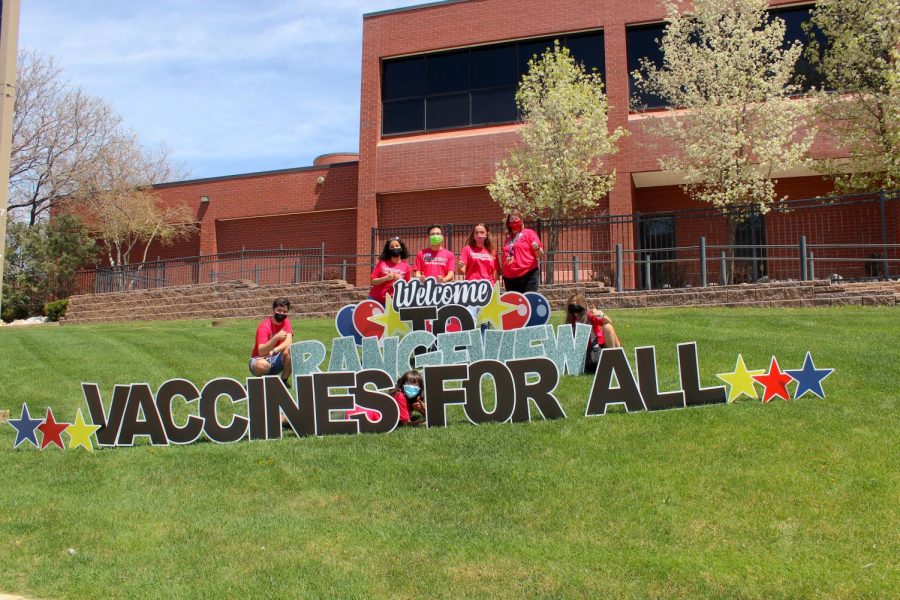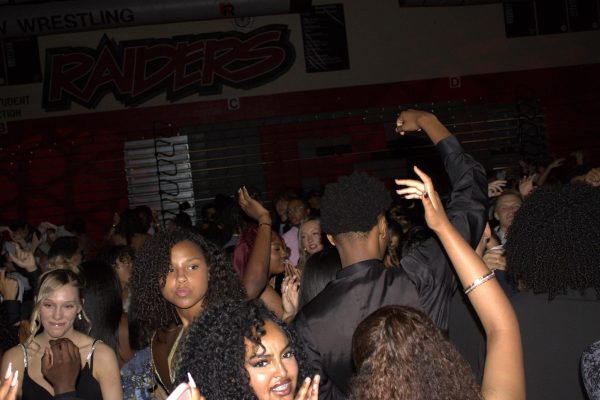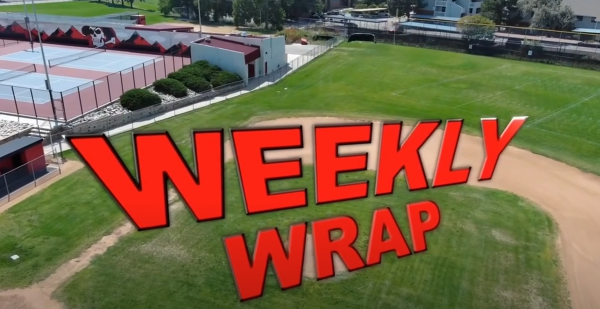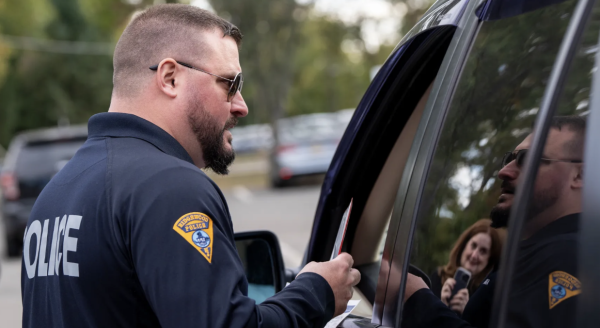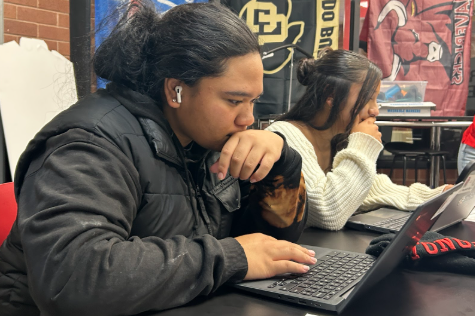Majority of Rangeview Students choosing Vaccination
November 18, 2021
A recent Raider Review survey revealed that 79.9% of Rangeview students have been vaccinated, but many believe the numbers might be misleading despite a report from three weeks ago that reported a 56% vaccination rate for Colorado teens. That 56% figure includes counties that have been far more hesitant than Arapahoe county to receive the vaccine.
COVID rose in 2020, ripping apart the fabric of schools and communities everywhere. The virus has crippled job opportunities, killed 745,000 people, and ripped kids from their desks at school to their beds at home. It has truly been a terrible time, but with multiple vaccines created to fight COVID, hope is stumbling onto the horizon for Rangeview students.
The Actual Data
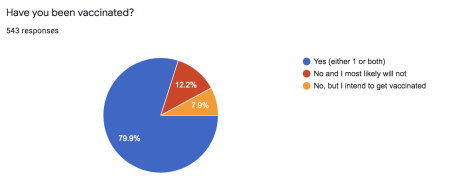
A survey of 500-plus Rangeview students across all grades found that 79% of students at Rangeview have been vaccinated, 12% of the students are not and will most likely not get the shot, and 7% of students say they aren’t but they intend to get it. The results could have some statistical bias as students might be hesitant to respond they haven’t been vaccinated, even in a non-mandatory, anonymous survey.
Most say they got vaccinated because they want to stay safe and have others around them stay safe as well, but others say they had to because of family or jobs. A recent vaccination clinic at RHS proved more effective for staff to get booster shots, but groups like the Social Justice Club have worked tirelessly to provide vaccine opportunities for RHS students and the surrounding community.
Reporting has been limited, but as of October 28, 56% of teens ages 12-17 in Colorado are vaccinated and with 5-12 year olds now eligible to get the vaccine, rates will continue to rise. Governor Polis has repeatedly said that high vaccination rates will lead to less mask mandates for Colorado schools.
One student responded, “I chose to get vaccinated because I am considered to be closer to the high risk side of COVID, along with some family members who live in my home… Therefore, I thought it was important to get the vaccine to keep myself, along with my family and friends safe as much as I can.”
The result of this sample becomes interesting in comparison to Arapahoe County’s vaccination status of 80% for ages 12-and-up. Rangeview school nurse Tammy Wollbrink estimated rates to be “closer to 50-percent” as missing responses could potentially account for the unvaccinated population at our school. The resulting 79% turnout of vaccinated students in the survey could be misleading according to Wollbrink, who leads Rangeview’s covid response team.
What doesn’t appear to be in doubt is the efficacy of the vaccine. A study found that a full vaccination of the Pfizer-BioNTech mRNA vaccine is 93% effective for preventing hospitalization for young children and teens.
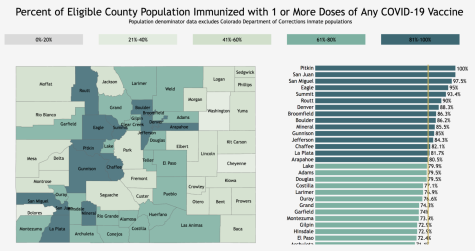
To understand this data, we must look at a bigger level. At least 58.4% of people in the US are fully vaccinated. To look at a more local level, 62.1% of people living in Colorado are fully vaccinated. The county with the most vaccinations is Pitkin County with 100% of people having at least one dose and the county with the least vaccinations being Washington County with only 37% of people having at least one dose. Arapahoe county has a population well over 600,000 people. According to state and county health departments and the CDC, out of this population 80% have had at least one dose.
How Is APS Responding to This?
With COVID-19 fluctuating among health rates, there is still an immediate response that has been taken by the CDC. Because of this, Pzifer manufactured a third vaccine, otherwise known as the booster shot. This shot can help regulate a person’s immunity against the virus, and protect people at a higher rate. However, the booster vaccine is not eligible to any one below 18 years of age, and the shot is not actually administered to people who do not have underlying health conditions.
APS is participating in the Colorado Department of Public Health and Enviroment’s COVID-19 weekly surveillance testing program. According to their website, they’ll be offering free and voluntary tests to all students and staff to further prevent the spread of the virus in our schools. Students will also receive cash for getting tested, “Students will receive $25 for the first COVID-19 test that is administered to them through the program. Students can then receive $10 for every subsequent test (at a maximum of one incentive per week.¨
Teacher Update
We are also experiencing a shortage of substitute teachers across the district in the midst of our return to in-person learning. APS is deploying individuals from the Division of Equity and Learning to each building to help substitute or supervise classrooms if needed. HR analyzed the highest need days of the week and determined that Mondays, Thursdays, and Fridays are the days when most classes are not covered across the district.
DoEL employees with a CDE license will be subbing throughout the week at Rangeview. RHS has three subs from the district to help on Mondays, Thursdays, and Fridays. While this is helpful, these three folks are still not enough to cover every needed courses in the building. Ms. Marquez and company will continue to ask for Emergency Sub Coverage when needed from teachers, so those 7:20 announcements for teachers will likely continue.
Districts around the state have been struggling worse with sub shortages than Rangeview. Schools in Denver, Adams 12, Adams 14, and Boulder Valley have all been forced to cancel days of school because of staff and sub shortages. George Washington high school in Denver was recently forced to move to remote learning for several days because of the shortages.
The data collected for Rangeview students could be accurate, but many will still question the 79% vaccination rate. What is clear is that if vaccination rates and case numbers don’t change for the better, schools will continue to struggle with teacher shortages, outbreaks, and more. The upcoming winter months will certainly cause Colorado school administrators to endure many sleepless nights.
